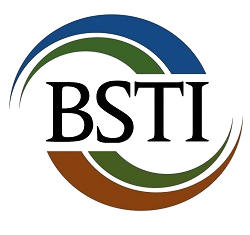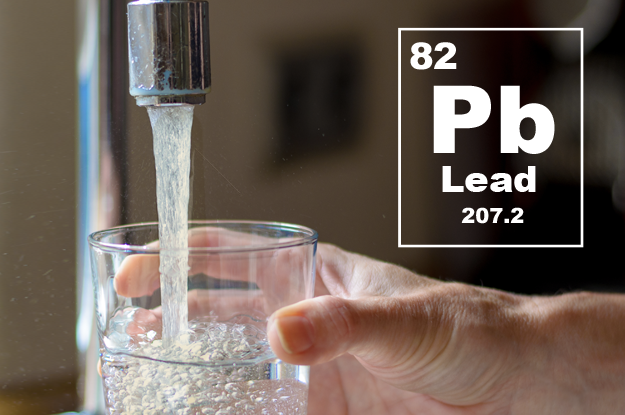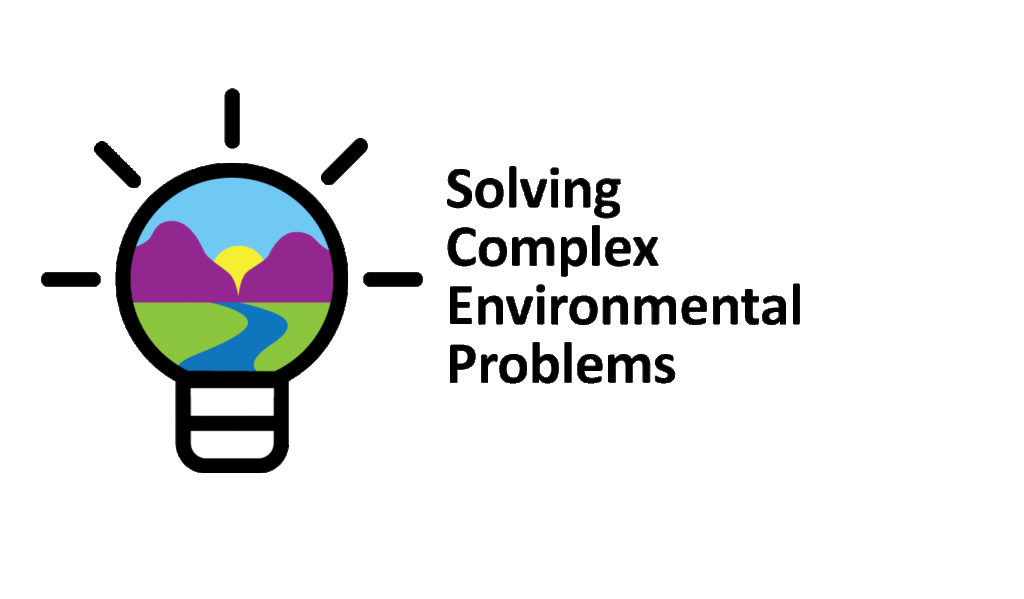
- They understand their client’s business interests
One of the most critical errors environmental consultants can make is immediately getting lost in the technical and regulatory details of a project without ever fully understanding the business goals of their client. Oftentimes, the client will not know what affect the details of their business, business dealings, interests, or history may have on the overall project. Realizing the importance of these details late, or worse not at all, can be disastrous and costly. An outstanding environmental consultant will begin every project with a management level consultation focused not on the technical aspects but on the nuances of the business and its objectives. Illuminating the specific business factors that can influence outcomes nuances in the early strategic planning of a project helps to ensure an optimal outcome.
- They make their science work for you
Throughout the past two decades, the environmental assessment “industry” and the regulators have developed many binary decision processes. These may include comparing soil concentrations to screening values (pass/fail), identification of oil sheens (yes/no), determination of impacts to groundwater (yes/no), assessing off site impacts (yes/no), etc. Many property transactions, litigations, and remedial strategies have failed miserably because of this process. Good consultants do not push the panic button when these binary screenings fail and quickly shift to a mindset of using their scientific skills and persuasion to figure out a way to attain your goals.
- They understand the purpose and limits of guidance documents
Technical guidance documents and standards come in all shapes and sizes and are applied in many ways. They are mostly designed to either provide information, standardize a protocol or procedure, or, provide clarity for regulatory programs. Sometimes they are over used and are forced onto projects (by consultants OR regulators) with little regard to their applicability of the situation. Good consultants know how to refer to them or use them for the benefit of the client. They also know when to challenge them when they are being misapplied in whole or in parts. Understanding why they were made, who wrote them, and how they were adopted is critical in this process.
- They have a high level of industry involvement
It is one thing for a consultant to pop in on a conference here and there to see what is going on in the industry and earn continuing education credits. It’s another thing to participate in developing guidance documents, publish papers, speak at conferences, and volunteer time for board positions with key industry groups. These consultants are at the forefront of science and technology and are industry leaders; the kind of people you want leading your project.
- They take professional development seriously.
Unfortunately, professional development is sometimes viewed as only a perk offered to employees because it is something the company is supposed to do. A secret to all good consulting companies is that professional development is not just offered but required as part of the employee’s performance plan. Strong professional development programs also include internal training on ethics, communication, and value-based decision processes.
- They know when and how to apply decentralized decision making
Clients expect a quick response to their needs and concerns. But adequate responsiveness is difficult to achieve when decision making authority is highly centralized. A good consulting company empowers its staff to use their full abilities and judgement to respond to client needs quickly and efficiently. This is particularly apparent when managing field operations where well qualified staff with the freedom to make tactical decisions can be the only way to complete work in dynamic environments. On the other hand, some functions, for example project budgeting, benefit from centralized processes to ensure consistency and reliability. Good consulting companies find a balance between centralized and decentralized decision making which gets things done reliably and efficiently.
- They know their position and can communicate their limitations
All consultants should know their specific role in the project team and not act as something they are not. For example, consultants should not provide legal advice, but can make you aware when they think you may need it. All consultants have limitations whether individually or organizationally. Pricing structures may not fit for your scale of project, there may be gaps in technical knowledge depending on what is required, geographic challenges, conflicts of interest, and response time delays due to workload. Some of the limitations may not turn out to be significant for any individual project but it is the duty of the consultant to bring these issues up for discussion relative to the project when they could affect performance. Honesty and openness is a key to the business relationship.
- They have good business partners
Your “go to” consultant should be able to find you reliable, efficient and honest solutions to your challenges WHETHER OR NOT they perform the work in-house or not. Good consultants have good partners to fill gaps in technical services, provide added geographic coverage, and provide added horse power when needed. Typically, a company with good business partners (some of which may be competitors in some markets) is a sign of a company that is trustworthy, honest, and good to do business with.
- They have environmental chemistry expertise and credentials
Much of the work of environmental consulting revolves around interpreting chemistry data. When this job is left to those without a good grasp of environmental chemistry principals, the outcome is often based on oversimplified binary decision making (see item 2 above). A good consulting company includes staff with enough depth of understanding to interpret the varied layers of meaning in chemical data be they health risk, regulatory, or forensic. This allows chemical data to be used in a way that brings out the potential benefits embodied in the data, in addition to managing negatives, in a way that supports the client’s business interests. Having staff educated and trained in chemistry far beyond Chem 101 and 102 is critical.
- They can define and describe their company culture as a strength
Every organization has a culture. Some have a culture which is written in list form, on a plaque, based on ideals and reviewed weekly if not daily. Other organizations may have no awareness of culture and resultingly have their employees act and think like their immediate influencers (good or bad). This too is a culture. If you ask your consultant about his/her company culture, the response should be immediate, be presented with positive energy, and be described from both an employee and client perspective. Culture will be revealed throughout your interactions with the consultant. You should know ahead of time what you are getting in to.
This paper was written not by business or management experts but by people who have interacted every day for decades in the environmental consulting industry. Like every other industry, there are outstanding firms, average firms and below average firms. By definition, average and below average firms represent one half of the choices that you have for your project. It is our hope that the tips listed above will help you identify an outstanding firm for your needs.
Brownfield Science & Technology, Inc. (BSTI) provides qualified and experienced Environmental Inspectors, Professional Geologists, Geotechnical experts, Biologists, Environmental Scientists, Technicians and Engineers in support of environmental challenges to companies in the Mid-Atlantic region.
Author:
Tripp Fischer, P.G.
V.P. Principal Hydrogeologist
610-800-7255 (c)






